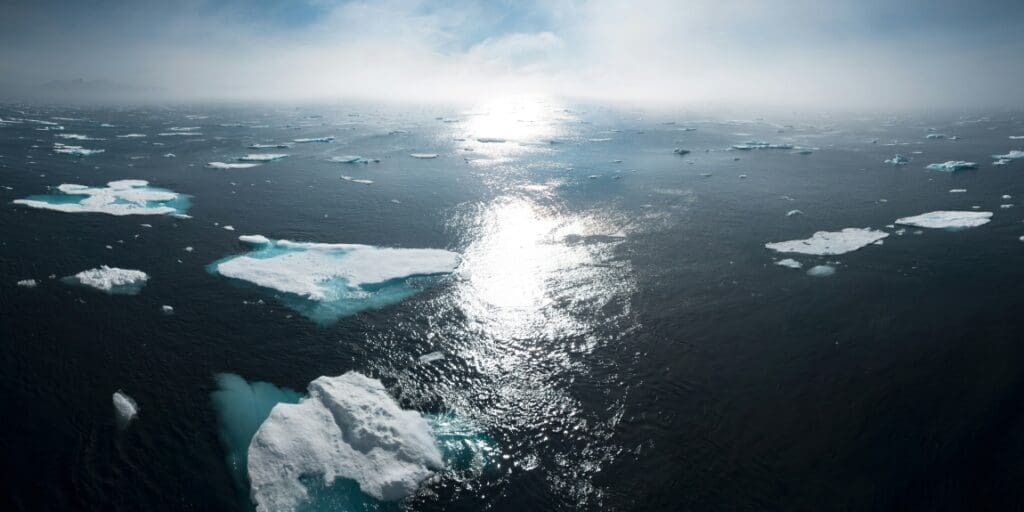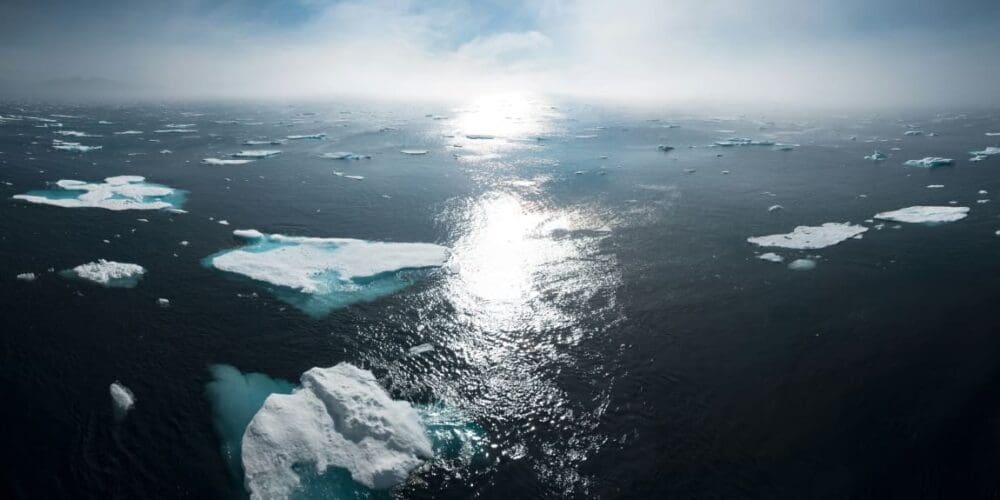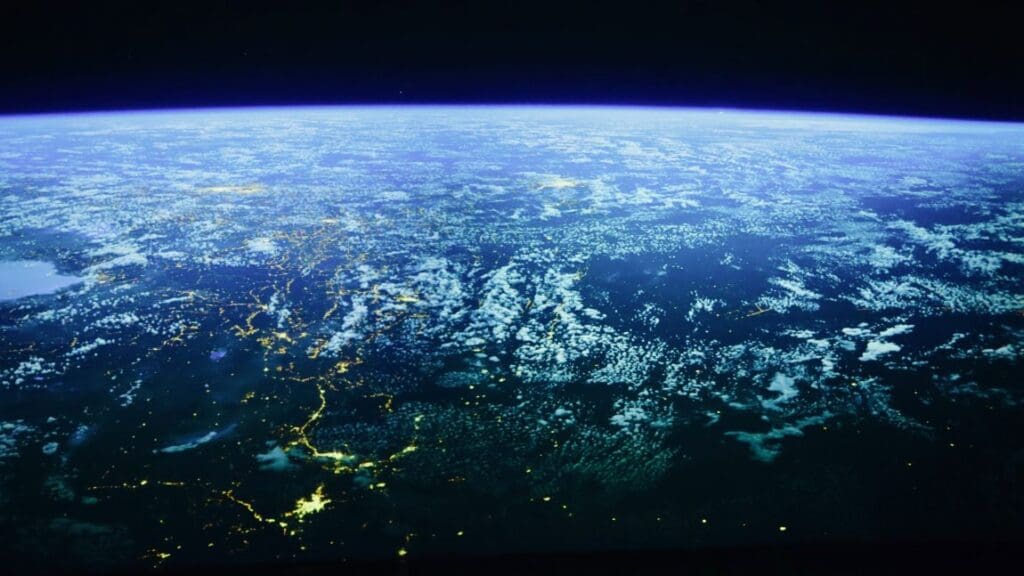(UPDATED) – A new study published in Nature Communications has revealed that the melting of Arctic sea ice may disrupt ocean circulation patterns, potentially causing significant climate impacts across the globe. Researchers from the iC3 Polar Research Hub found that past instances of enhanced Arctic sea-ice melt led to notable cooling in northern Europe, raising concerns about future consequences.
“Our finding that enhanced melting of Arctic sea ice likely resulted in significant cooling in northern Europe in the earth’s past is alarming,” said Mohamed Ezat, the study’s lead author. “This reminds us that the planet’s climate is a delicate balance, easily disrupted by changes in temperature and ice cover.”

The research focused on the Last Interglacial period, over 100,000 years ago, when global temperatures were warmer than today, and ice volumes were smaller. Ezat’s team linked the Arctic sea-ice melt of that era to changes in regional sea-surface temperature and ocean circulation. This shift in ocean currents altered the salinity and density of the water, affecting the transport of heat across the seas.
As Arctic sea-ice melt accelerates today, scientists fear a repeat of such disruptions. Ice-free summers are projected to occur in the Arctic Ocean by 2050, which could further upset the planet’s delicate climate system.
Recent warnings from dozens of climate scientists echo these concerns.
In an open letter, they highlighted the “serious risk of a major ocean circulation change in the Atlantic” that could have irreversible impacts on the global climate system. The Nordic Seas, lying between Greenland and Norway, play a critical role in oceanic heat transport, making them a key area to monitor for future changes.
Ezat’s team employed a multi-proxy approach to study the Last Interglacial. By analyzing sediment cores from the Nordic Seas, they reconstructed past sea surface temperatures, salinity levels, and freshwater input. These records serve as crucial evidence, providing insight into how Arctic meltwater affects ocean circulation and global climate patterns.
Understanding these dynamics is vital for predicting future climate behavior. “We hope that our study provides a benchmark for climate modelers to utilize this time period to better constrain the impacts of ice changes on regional and global climate,” Ezat noted.
As the Arctic continues to warm, researchers remain cautious. Many questions about the precise mechanisms behind past climate shifts remain unanswered. Yet, the study serves as a stark reminder that even small changes in the Earth’s climate system can have far-reaching consequences for regions well beyond the Arctic.
Journal Reference:
Ezat, M.M., Fahl, K. & Rasmussen, T.L., ‘Arctic freshwater outflow suppressed Nordic Seas overturning and oceanic heat transport during the Last Interglacial’, Nature Communications 15, 8998 (2024). DOI: 10.1038/s41467-024-53401-3
Article Source:
Press Release/Material by UiT The Arctic University of Norway
Featured image credit: William Bossen | Unsplash




